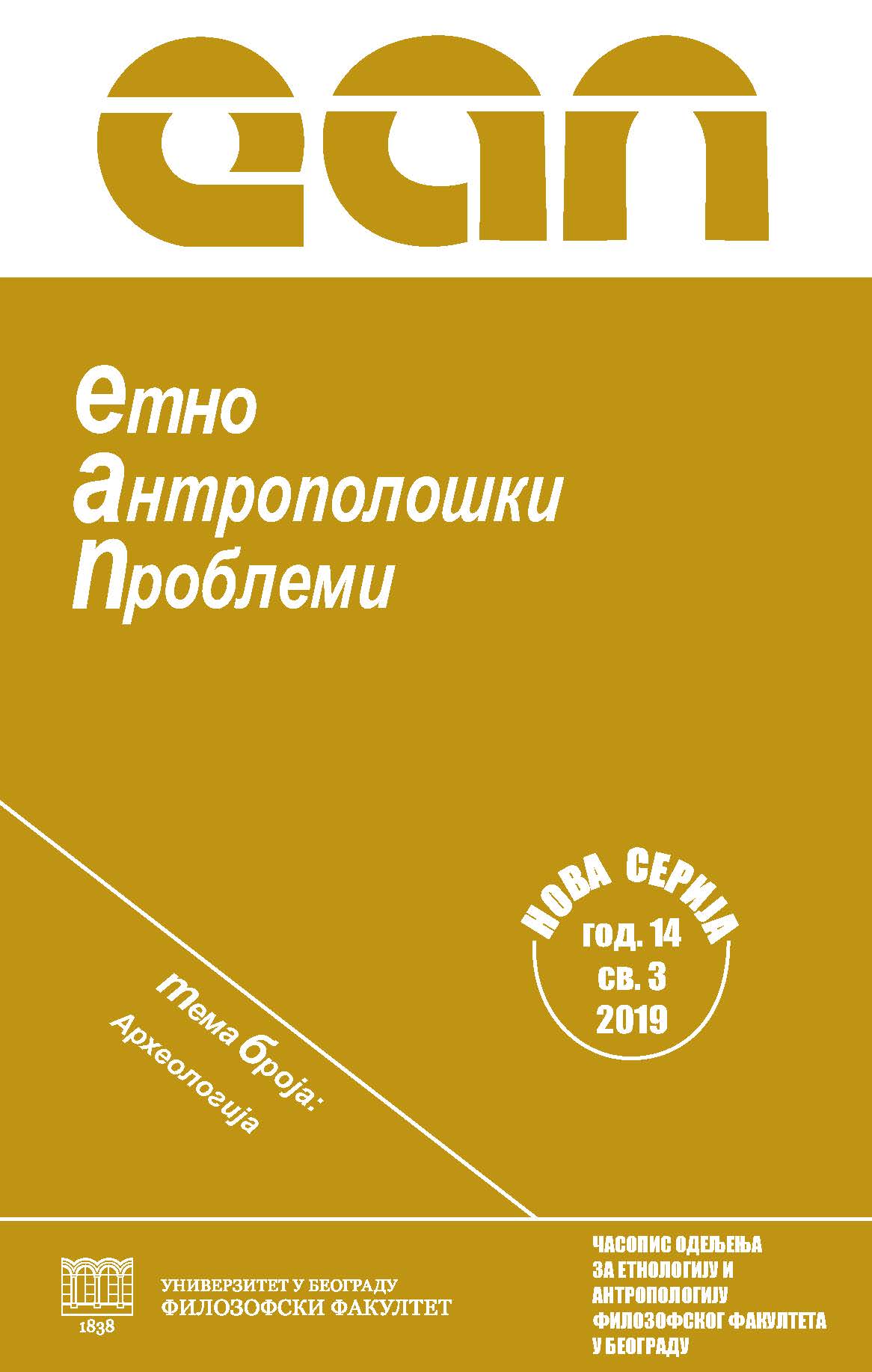Skidanje balasta religije sa religioznosti
Removing the ballast of religion from the religiosity
Simmel’s theoretical and epistemological contribution to contemporary religiology
Author(s): Nataša Jovanović AjzenhamerSubject(s): Sociology, Theology and Religion
Published by: Филозофски факултет, Универзитет у Београду
Keywords: Georg Simmel; classical sociological theories; religiosity; religion; epistemology; alternative forms of religiosity; cyber religiosity
Summary/Abstract: Simmel's hypothesis on the analytical, but also the substantial difference between the process of religiosity and religion as a rounded ethical and practical system, served us as an epistemological basis for the study of the transformation of religiosity in contemporary society. Following Kant's logic of distinction between a priori and a posteriori knowledge, Simmel differentiates the form from content in various spheres of the social reality, even in the field of religious. This German sociological classic defines religiosity as a form that can, but does not have to be hypostasized in a highly specialized and highly institutionalized collectivist religious system. Removing the ballast of religion from religiosity, Simmel has given an important cognitive impulse to explore various alternative religious concepts that often have a loose organization of the structure (or not having one at all) and which are most often focused on individual spirituality. The dialectical relationship between religion and religiosity allows different forms of spirituality to be adequately investigated, as well as to point out the way in which they survive and often converge different traditional and alternative religious systems, especially in the Western Christian context, which was in Simmel’s focus. Thus, this paper highlights the most important theoretical and epistemological contributions to the study of religions and religiosity that left it to sociologists, but also philosophers and anthropologists, one of the most prominent European thinkers in the transition from the nineteenth to the twentieth century. A special emphasis will be placed on the study of the (de)ecularization process, as well as on individual spirituality in the contemporary world. The phenomena which is goting to be specially considered is cyber spirituality, precisely in the context of the study of various types of spirituality that will converge in contemporary society, as Simmel anticipated.
Journal: Етноантрополошки проблеми
- Issue Year: 14/2019
- Issue No: 3
- Page Range: 971-997
- Page Count: 27
- Language: Serbian

